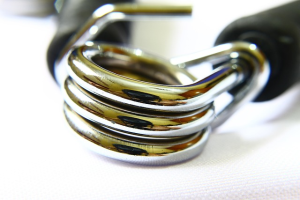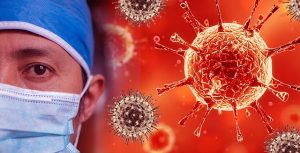In sports, in exercise, and in training, selenium is a frequently overlooked micronutrient. Selenium’s fundamental importance to human health is not well known. Researchers are beginning to conduct studies of selenium in sports nutrition and skeletal muscle health. Their studies show that selenium and selenoproteins play an important role in maintaining skeletal muscle function. Studies show that selenoproteins delay exercise fatigue and muscle aging [Wang 2025].

Optimal selenium intake from food and from supplements (when necessary) can mitigate aging-related muscle decline. Selenium can help to prevent exercise-associated musculoskeletal injuries. There is a need for more clinical studies of the effect of selenium supplementation on skeletal muscle health in selenium-poor regions [Wang 2025].









